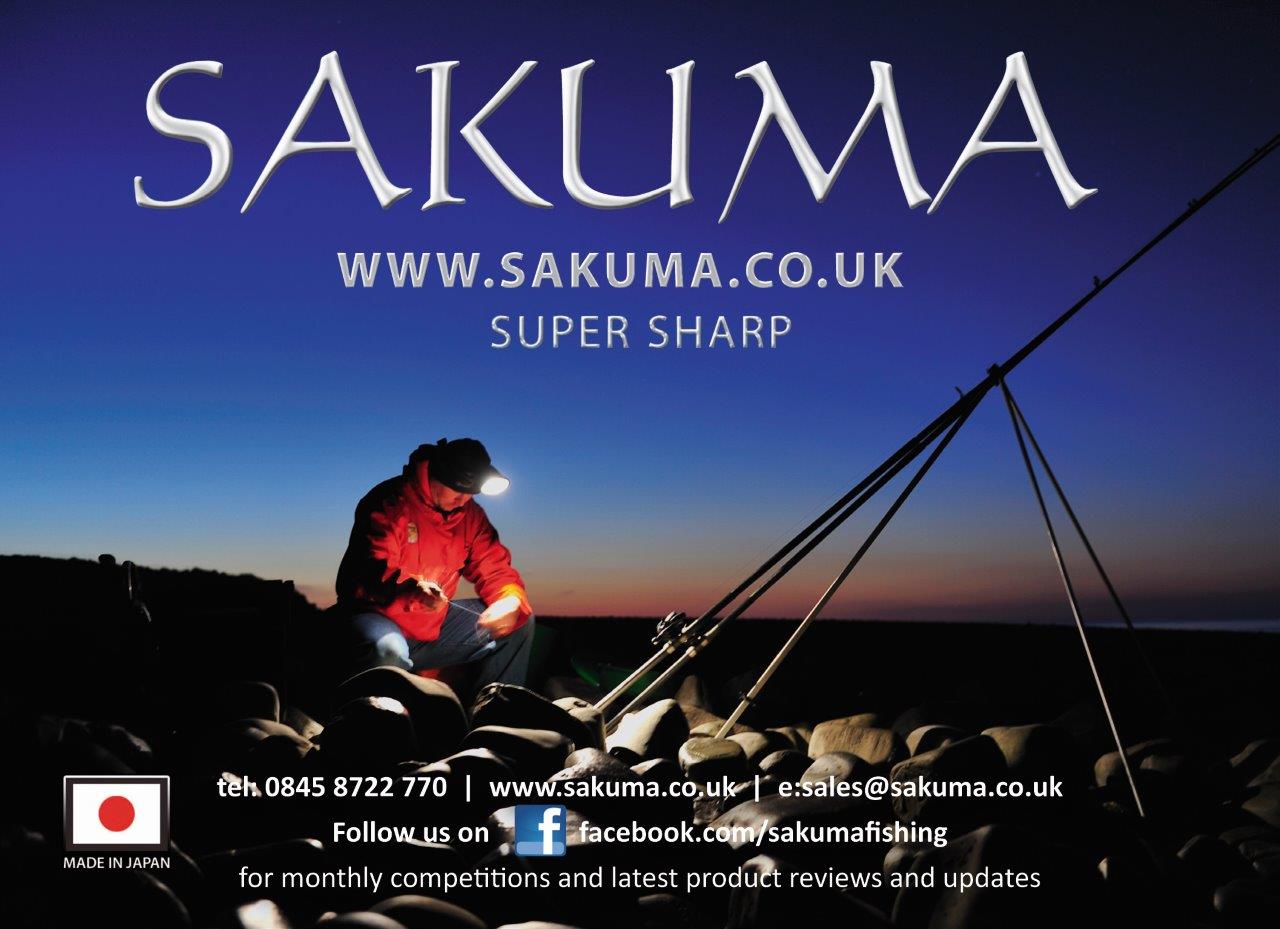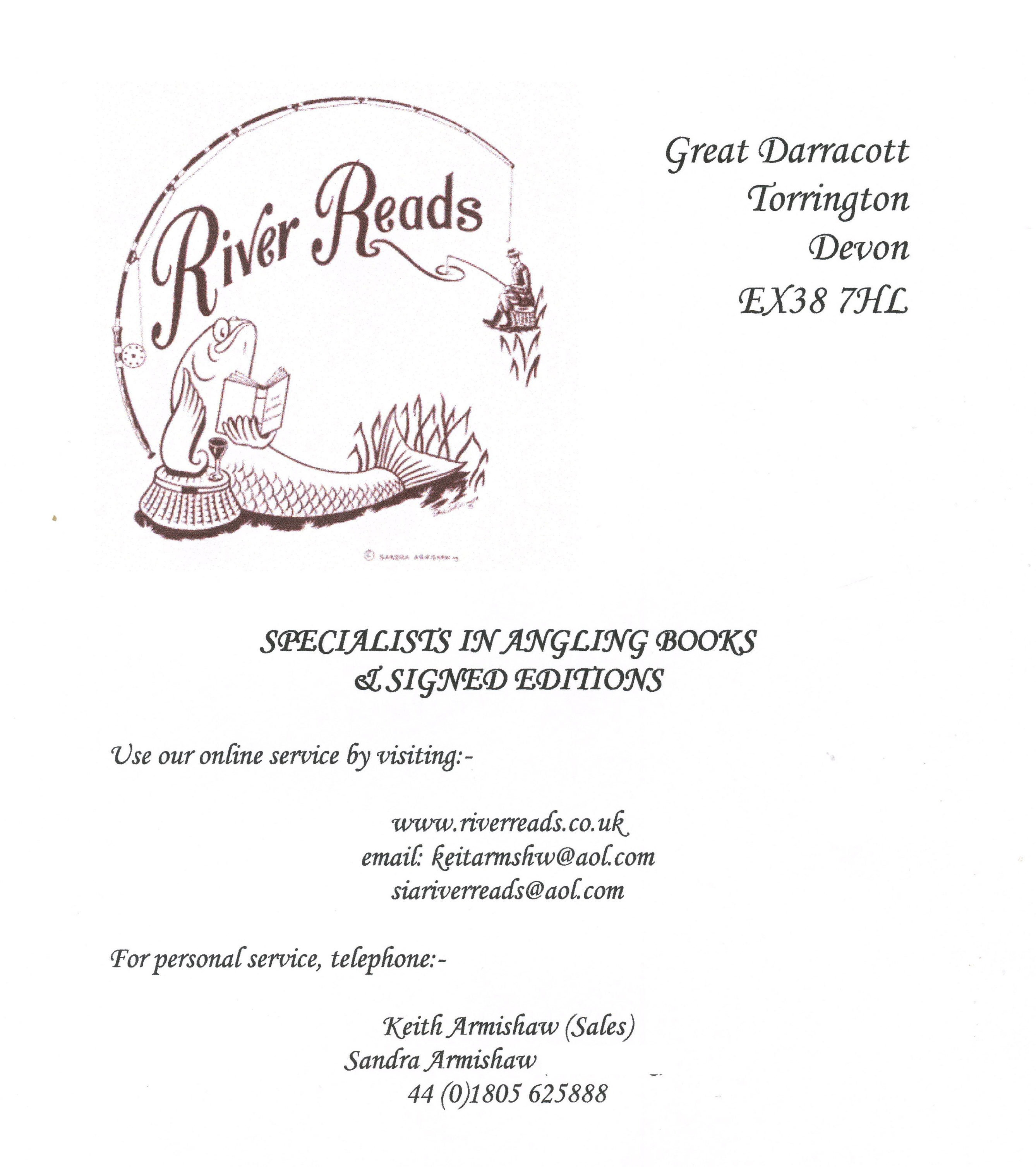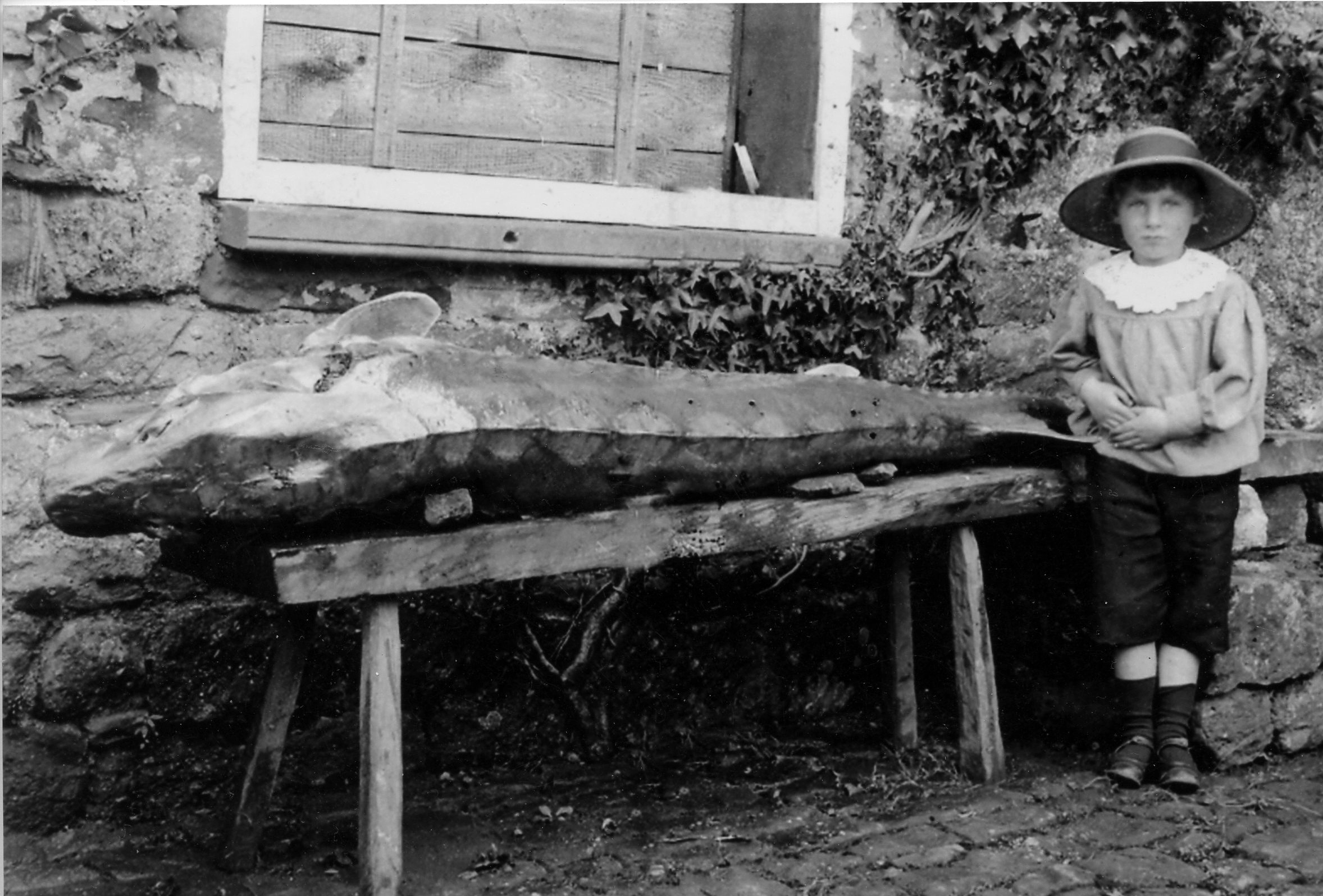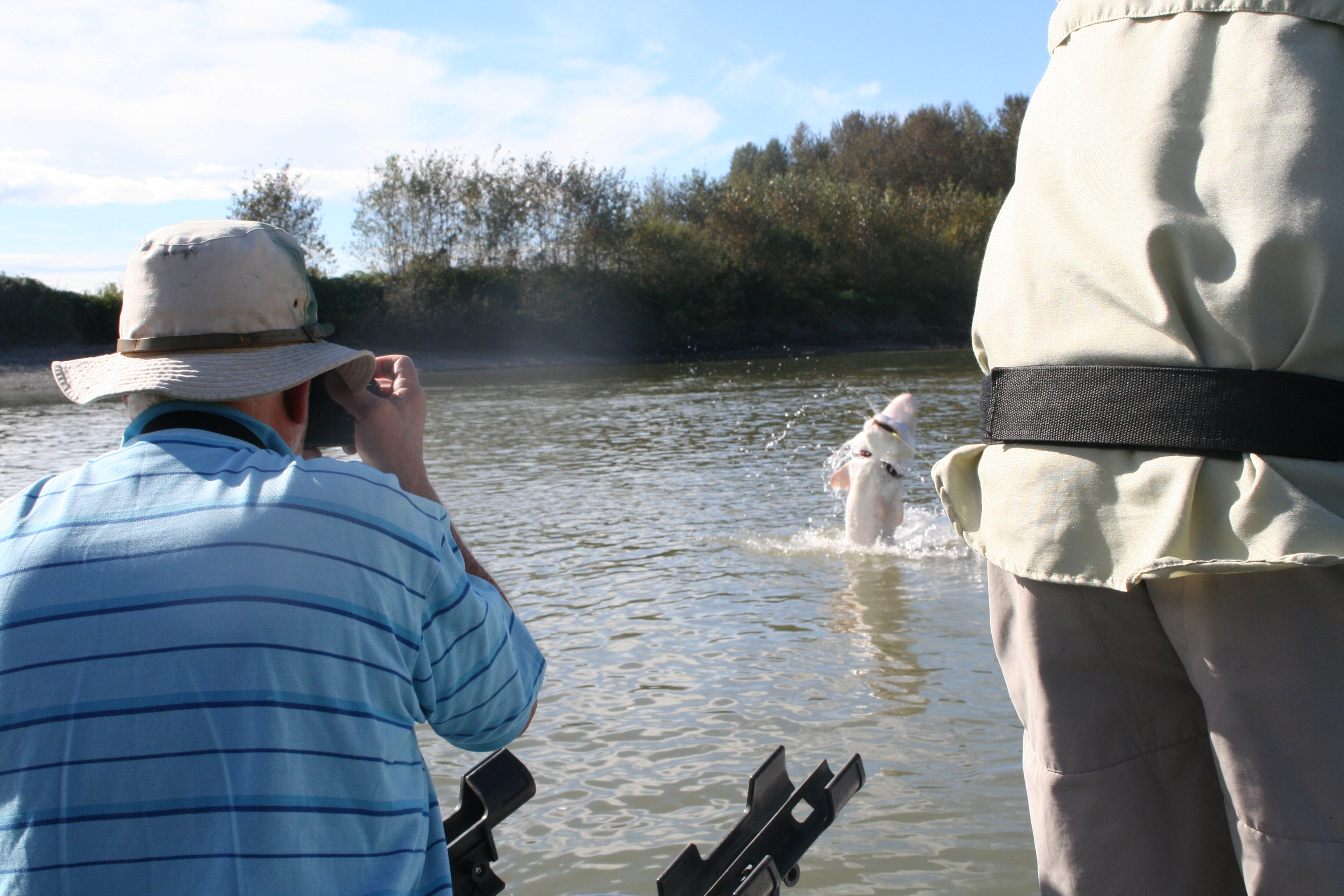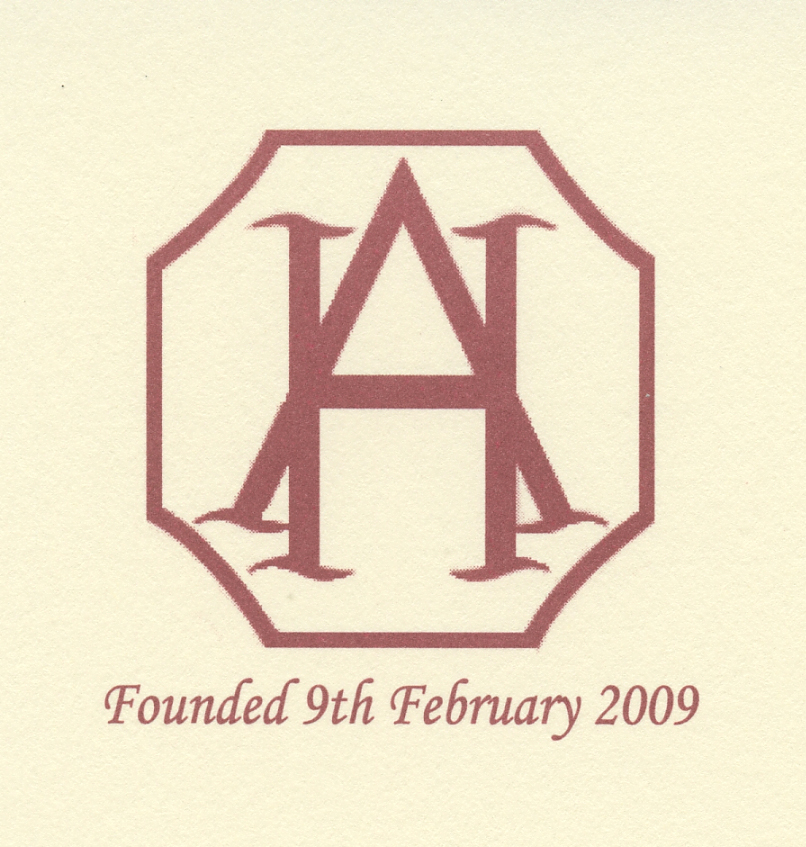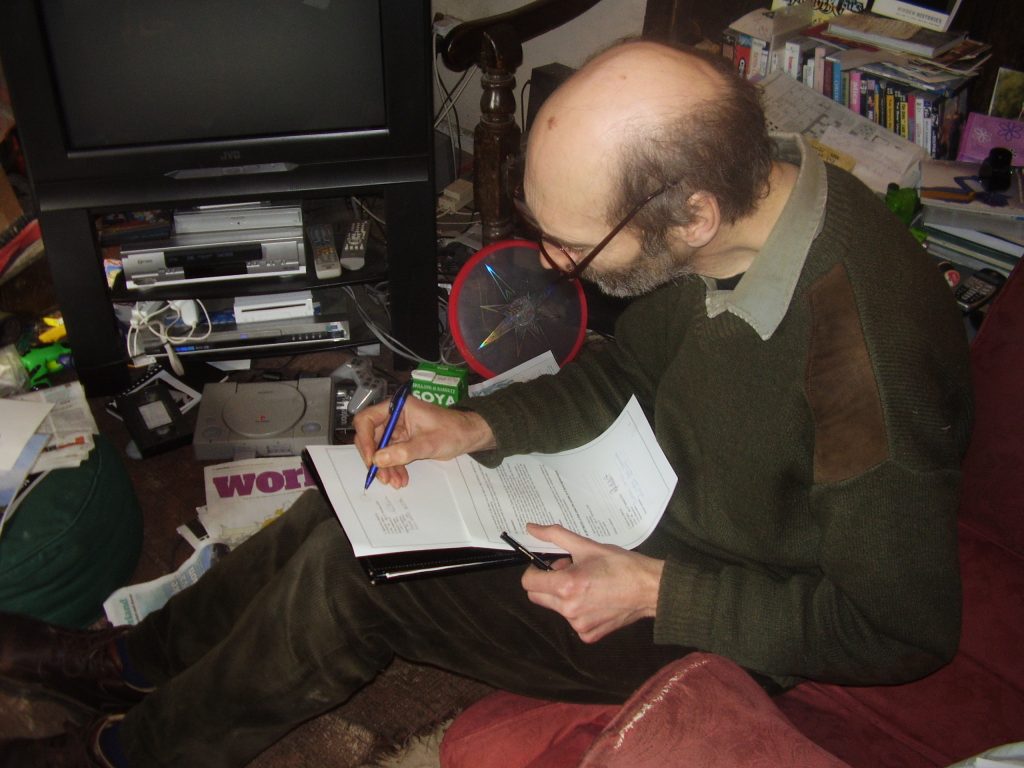This article appeared around five years ago on the World Sea Fishing Website. With Combe Martin SAC’s AGM a couple of days away it seems a good time reproduce it on North Devon Angling News.
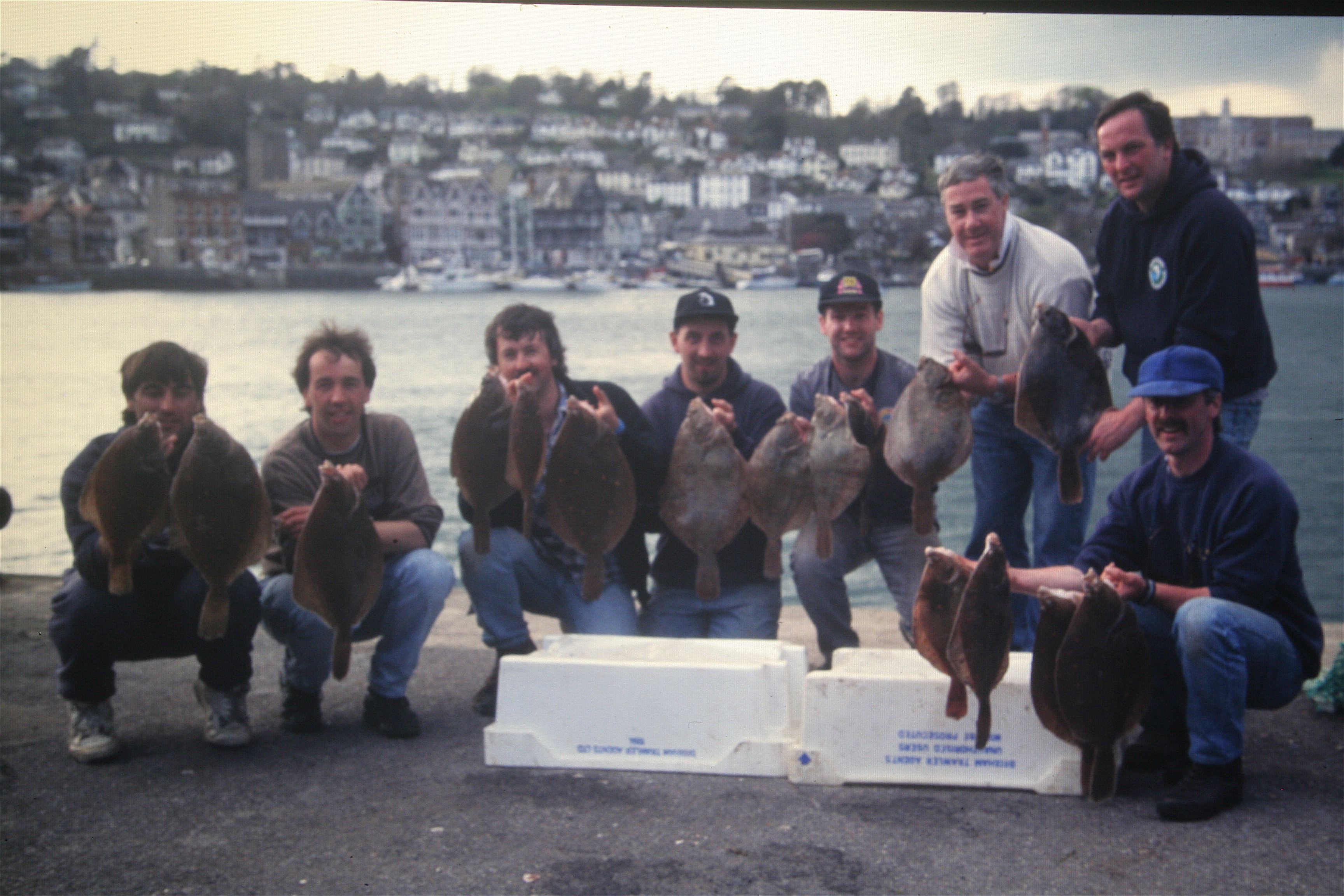
On October 29th 1962 almost fifty years ago a group of anglers met up in the Merry Makers Café in the village of Combe Martin famed for having the longest village street in England. They formed the Combe Martin Sea Angling Club that I joined eleven years later in 1973 at the tender age of 12. I write this forty odd years later as Chairman of the club. A post I first took on in 1984 during a time of major change in the club for as always where there are people there will be an evolution of change. Since those days I served the club continuously as secretary, Vice Chairman and Chairman. Present club Secretary Nick Phillips and I have been in these posts for far too many years serving a combined total of around 80 years!
The club is still active though much has changed since those early days back in 1962 just a year after I was born. The general perception we all have is that the fishing was far better back then but was it?
I note looking at the clubs history that on December 3rd they held their first competition on Ilfracombe Pier that was won by R.Jenkins with a conger of 3lb 14½oz.
I notice with interest that in 1965 the fish of the year was a bass of 10lb 2oz. would this win in these times? The answer is that with today’s specimen rating the fish would not have won once in the last ten years. In 1966 the club fished in the North Devon Sea Angling Trophy and Barry Hill weighed in a flounder of 9oz and Gerry Marigoni a 5oz flounder to amass a grand bag weight of 14oz. The best specimen of the year was a conger of 11lb 2oz.
In 1968 the club held a Women’s Open Competition and first prize was a bunch of flowers and second fifty cigarettes. Mr W.Legge was in hospital having an operation so the club kindly sent him 20 cigarettes. Comparisons with the TV series “ Life On Mars” spring to mind.
When I joined the club membership stood at 49 twenty of whom were juniors. Barry Hill was club secretary at this time a keen angler who gave us youngsters a great deal of help and advice. Barry was very much a stickler for rules and got embroiled in many passionate debates regarding the rules and what was right and wrong.
I look back upon those years with great fondness. On Friday nights the club seniors would collect us youngsters on their way down through the long village street at 6.30pm. We would arrive at Watermouth Cove or perhaps Ilfracombe Pier and set forth onto the rocks to fish. On those dark nights we would light up our paraffin fuelled tilley lamps. I remember with fondness the delightful smell of meths as the lamps were lit to then glow and emit a comforting hiss as we fished. At the end of the night we would struggle back with our bag of dead fish to weigh in. No thought of conservation in those days it just wasn’t an issue.
In 1977 Nick Phillips and I start ripping up the draw tickets at the annual dinner and dance; a chore I have continued to do for many years. Those early dinner and dances were highlights of the angling year. We were young and of course we drank far too much beer despite our young years. The singsongs on the way home in the coach were often raucous affairs that must have been a nightmare for the poor driver. Its strange looking back glimpses into a different era I guess. The clubs elders waltzing around to the dulcet tones of “The Last Waltz” by Engelbert Humperdinck while us young ones savoured the forbidden delights of underage drinking. An indication of how times have changed for back then the technology we now take for granted would have been seen on “Star Trek” with Captain James Kirk talking on remarkable cordless devices that could transmit through the air. Doors on the Starship Enterprise that opened miraculously; like those in Tescos’s. As to those elders they would have been ancient members possibly into their fifties!!!
How times have changed in many ways. It is highly unlikely that any club could now allow junior members to venture out onto dangerous shores unaccompanied. Back in those days there were no CRB checks to stifle and deter the senior anglers who encouraged us youngsters out to fish.
As a parent now I fully understand how fear has crept in and stifled the sport of sea angling and many others I would think. I would not have let my own son onto the rocks to fish with his mates as a young teenager. I am so glad that I grew up in a less fearful or protective age and had the freedom to fish.
Of course through the years there have been many differences of opinion as strong characters via for position or try to introduce new ideas. There have been several resignations as a result of this though more often members’ just drift away as other interests or conflicting demands take them away from the waters edge.
The early eighties were a time of change in the Combe Martin Club as a generation of anglers stepped aside as a young enthusiastic committee took the reigns.
I have served within this fluctuating committee ever since and have seen a few challenging events including cheating anglers, disputes over access and the inevitable frictions between individual members.
In 1980 Barry Hill who had been secretary of the club for many seasons landed a British Record shore caught Coalfish of 18lb. This magnificent specimen highlighted one of sea angling’s greatest attributes; the unexpected. No other coalfish approaching this size has been landed from the North Devon coastline.
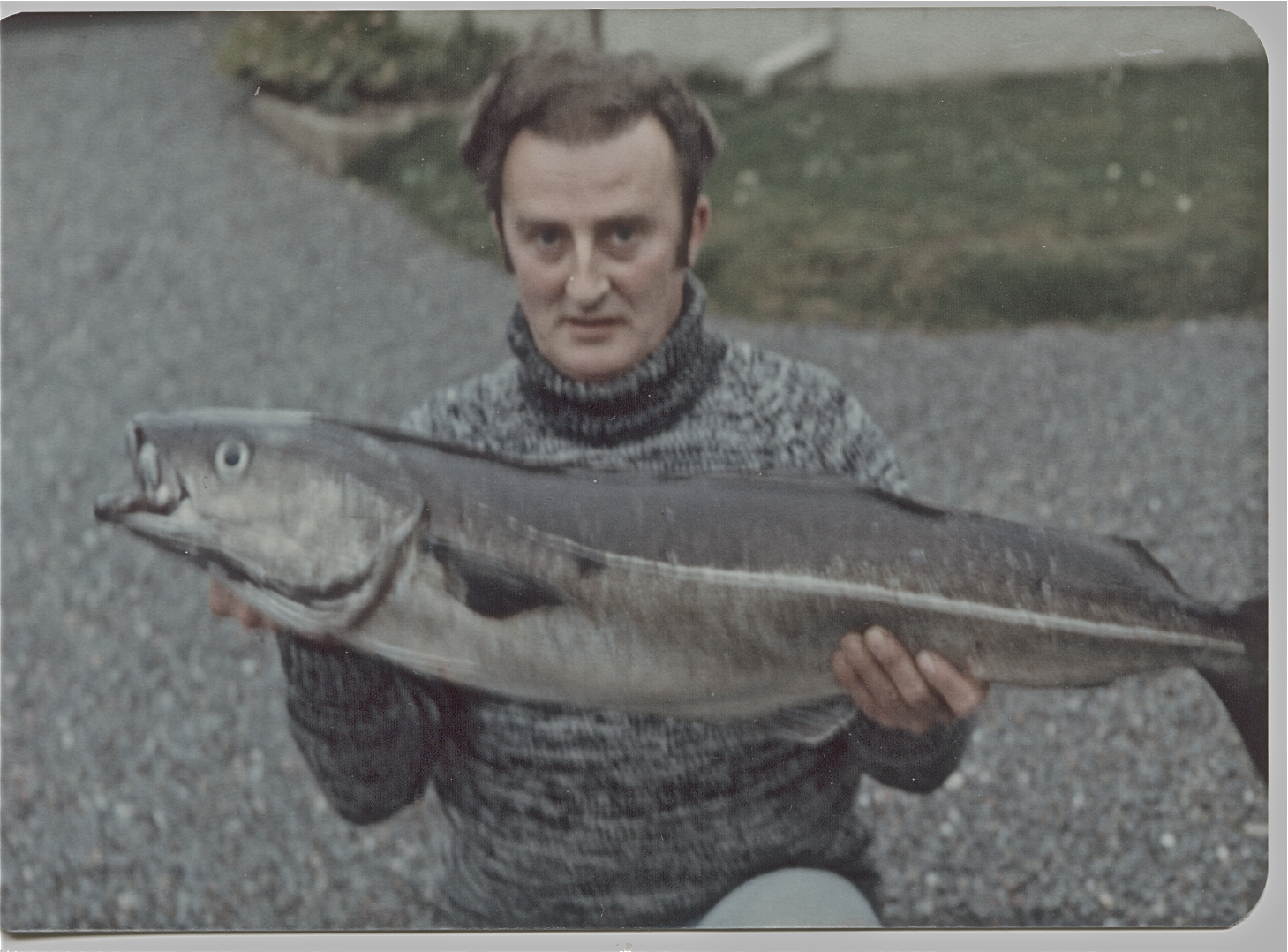
Club members have broken three other British Records. Kevin Legge smashed the shore tope record with a specimen of 66lb on November 6th 2006. Incredibly five years later on November 6th 2010 Kevin broke his own record with a tope of 66lb 8oz. A fish I was privileged to lift from the water and photograph. On another dramatic nights fishing Kevin was to witness the capture of a British Record rockling of 3lb to the rod of Tim Neal. On this night Kevin also landed a 50lb plus tope!
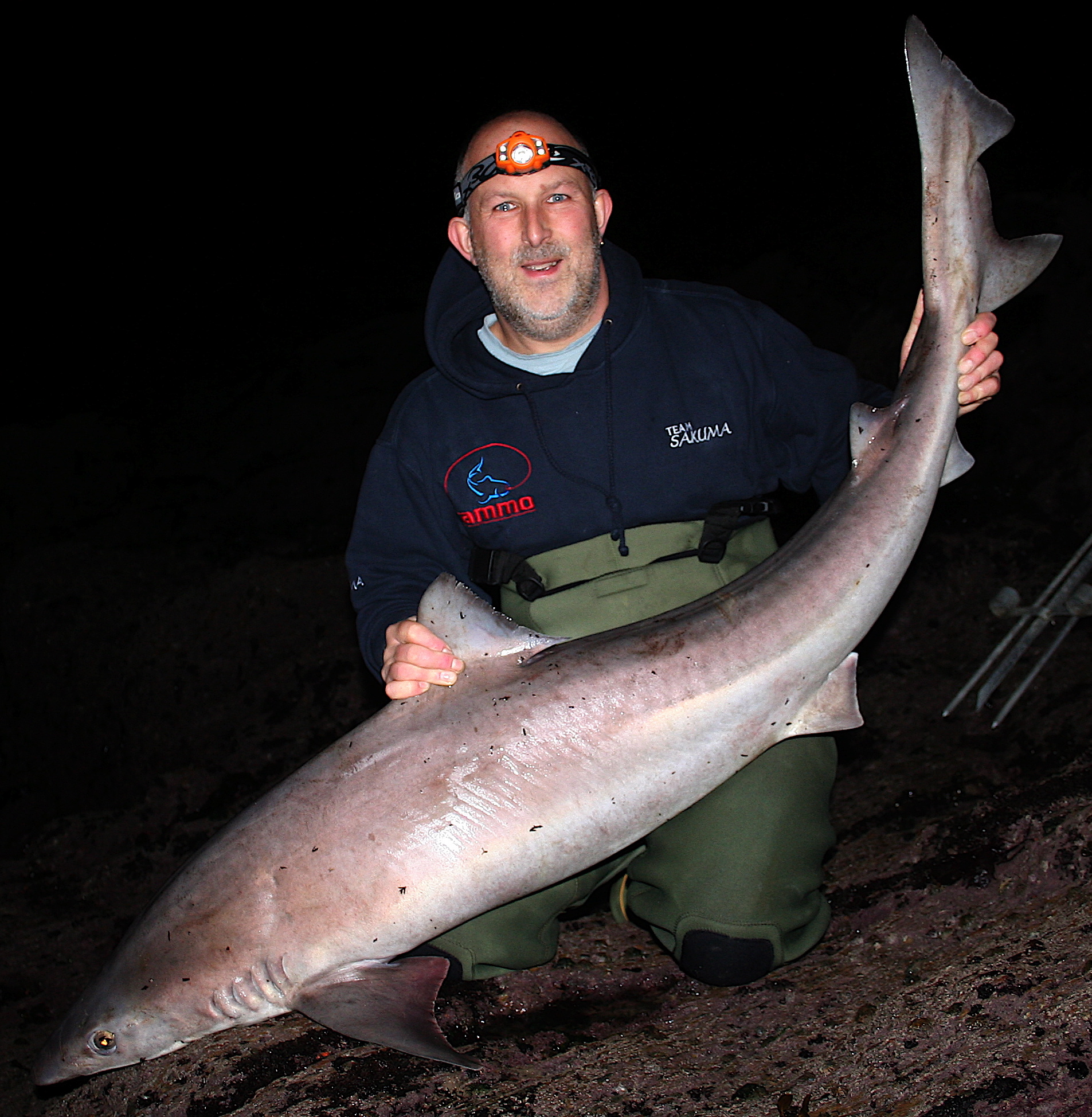
(Above) Kevin Legge with his British Record Tope of 66lb 8oz
A major blow to the club came in 1987 when Barry Hill passed away after 8 months critically ill in hospital suffering from Guillan-Barre-Syndrome. For several years after this the club raised funds for the Guillan-Barre-Syndrome Support Group raising £100 in 1988.
Writing this it feels as if the passing away of Barry signalled the end of an era and start of the clubs modern development. Since this time much has changed yet the core membership number has remained fairly constant. We have evolved to changing times, no more bag weight competitions. Politics have become higher profile; society has evolved work practices have changed. Weekends are no longer that haven when men went fishing for we have become the seven day society with twenty-four hour living. There are many threats to our sport from over-fishing, restricted access, regulation, insurance and apathy.
Mobile phones, WWW. Facebook and so on have become valuable tools or worthless shortcuts to angling success? The club ethos has always been to promote angling and to help newcomers surely this new technology is ideal for this.
I see a serious decline in the traditional angling club and the social scene that once thrived. This is a phenomenon that has hit angling clubs nationwide as society changes. It’s got little to do with the recession for we were apparently far worse off in those dark days of the seventies and eighties when we had galloping inflation, miners strikes, power cuts and riots. Something’s never change!
Each day when I sit at my computer and open up my Facebook page I see a number of posts from fellow anglers enthusing about fish, landscapes and tackle. I am relieved for I can see that the desire to fish and talk of fish remains as strong as ever. Perhaps these are the golden days for another generation?
I hope that in fifty years time there will still be a CMSAC and that it will have evolved continuing to bring anglers together. For that is after all the main purpose of an angling club to foster friendship amongst anglers.
There have been occasions when involvement with an angling club has been highly stressful for there have been lows and those who have been around will know of those for human nature ensures that there will always be an unsavoury element.
On the other hand how can I look back without reflecting upon hundreds of hours spent in fantastic locations with great friends? Long may I continue to scramble over barnacle encrusted rocks breathing in the sea air beneath star studded skies not knowing what the next rattle of the rod tip will bring.
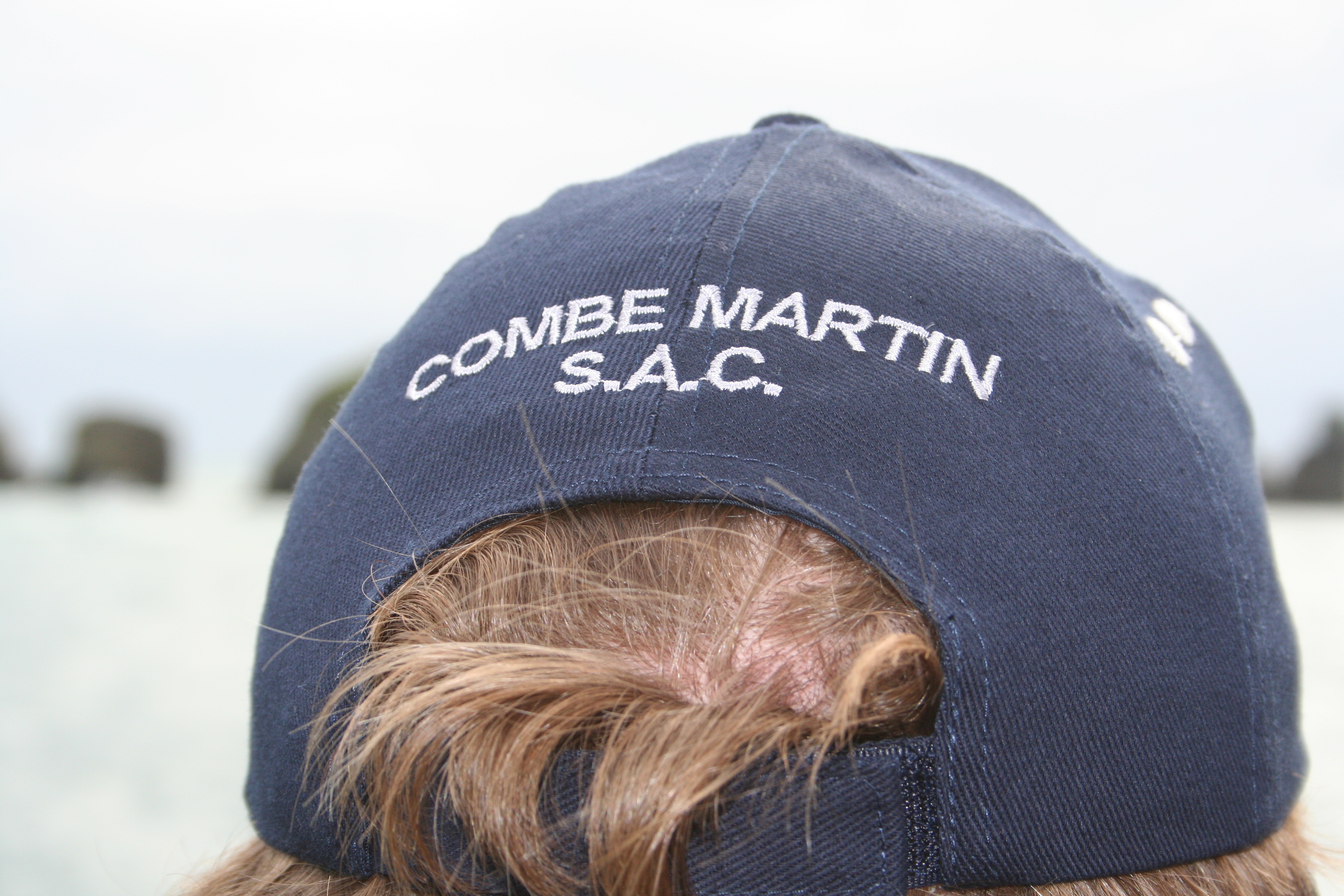
The clubs fiftieth year was a time to celebrate. Members benefit from generous sponsorship from our good friends at Ammo, Sakuma and World Sea Fishing.
The clubs presentation night in 2013 was appropriately held at the Royal Marine Hotel in Combe Martin an establishment that had been used for our committee meetings over many seasons. The club has had an impressive array of trophies over the seasons that we have cut back on year after year as the membership seem to value the awards less and less. Many winners seem reluctant to take their awards home an indication of changing attitudes. Perhaps a good picture and recognition is all that’s required?
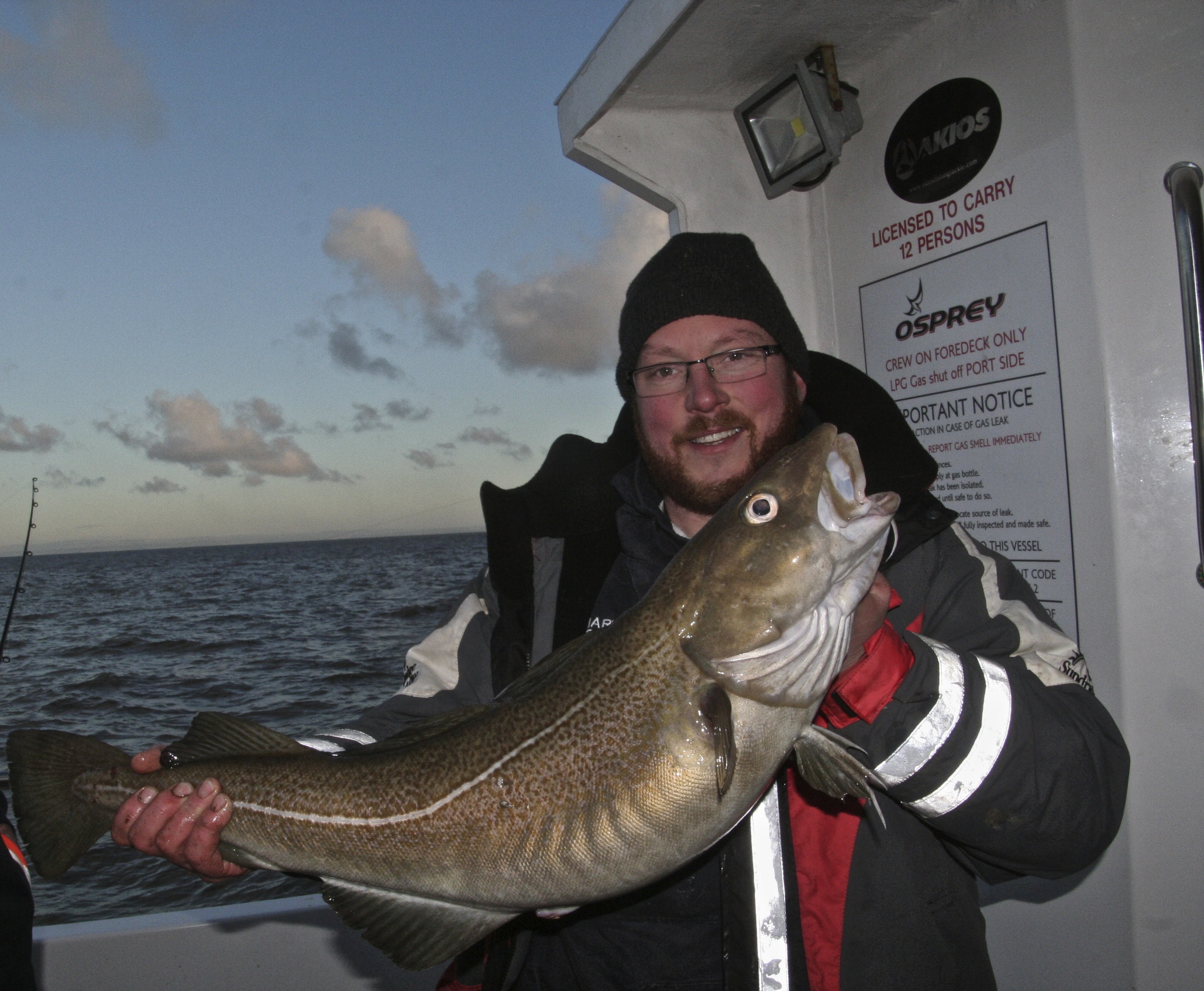
In October of 2011 I was privileged to visit Iceland to help promote the shore fishing in the lead up to that years E.F.S.A Shore Championship. The full story appeared in the pages of Total Sea Fishing Magazine and online on WSF. Whilst in Iceland I experienced some exceptional shore fishing but In addition to this I made new friends who made me realise how powerful angling is at bringing people together and breaking through all perceived barriers of nationality and class.
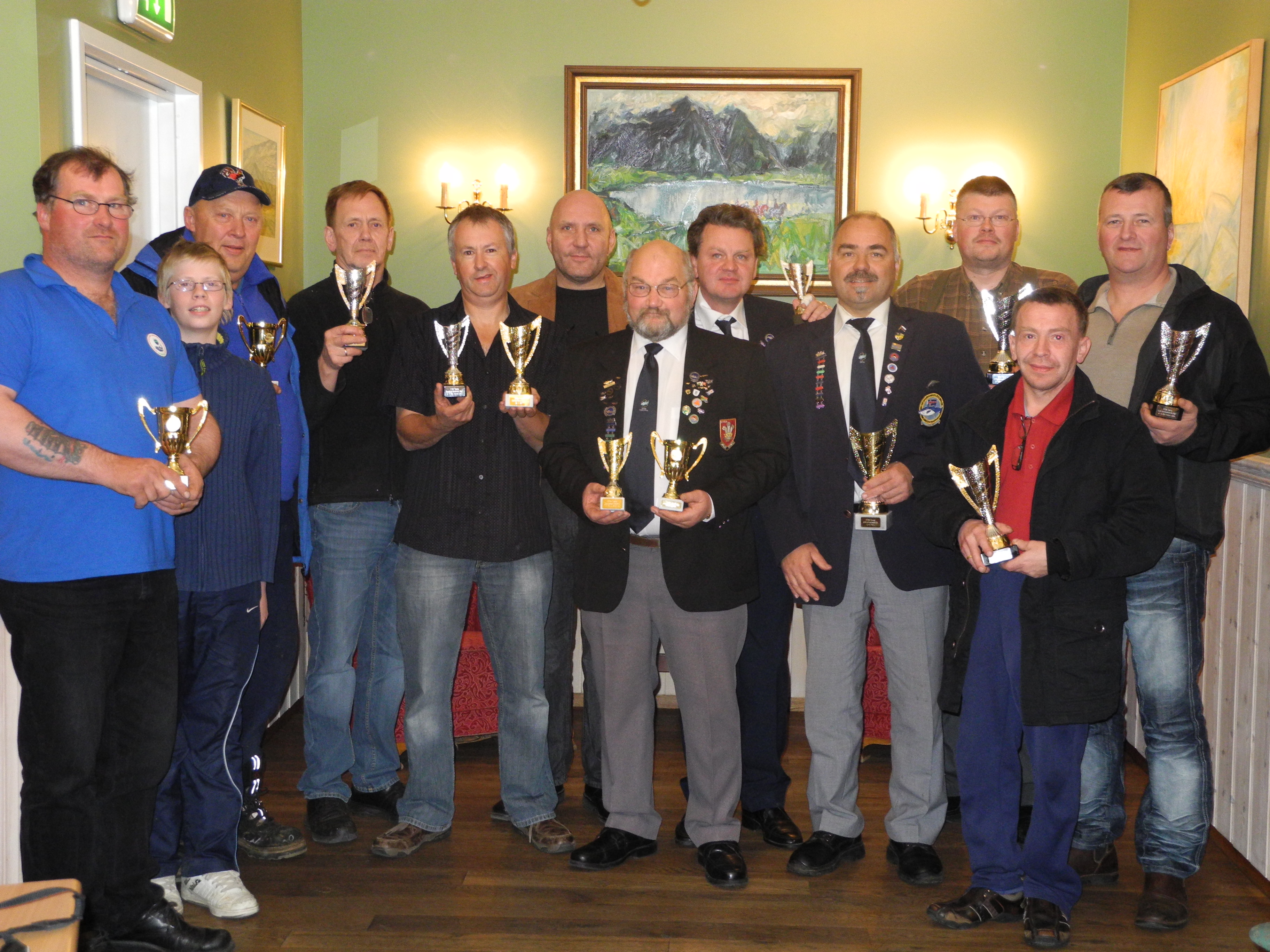
Towards the end of our trip we enjoyed dinner at the home of the Icelandic Chairman. Smoked salmon washed down with red wine and cool beer followed a delicious meal of wild goose. The fishing talk flowed freely relating to years of casting into varied waters. As always potential plans are made that will never materialise for there will never be enough money or longevity to satisfy the passion to fish that is generated by a room full of keen anglers. We talked of salmon, cod, halibut, sea trout, artic char and many other species. I learnt that there were many similarities between Icelandic anglers and English anglers. I also detected a refreshing level of amateurism for they did not have all the latest gear. It’s not easily available in Iceland so angling was not so commercially driven as it is in the UK. In the competition we fished they awarded trophies and it seemed that the winners really appreciated winning. Including myself! At the presentation the officers dressed up in their smart blazers adorned with badges and medals. Perhaps what I had found in Iceland was the joy of fishing in England forty years ago! Perhaps there were aspects that reminded me of the formative years with CMSAC.
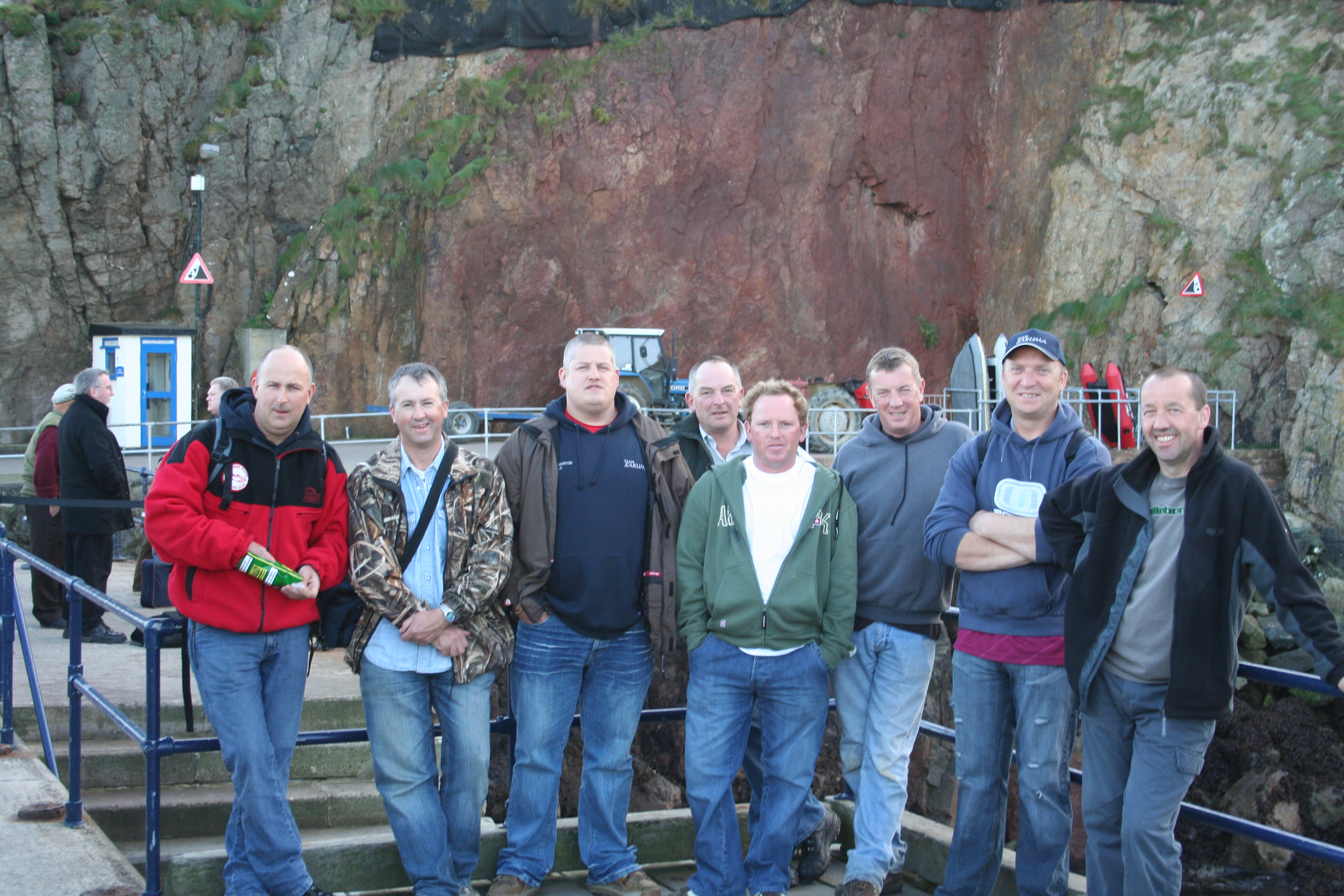
(Above)One of the clubs outings to Sark
And moving on from the joys of angling friendship to the places and the landscapes that angling takes its participants to. I have fished in the heat of Egypt to the cold of Iceland and Norway, in tiny streams, vast lakes and oceans catching fish from every watery world. I guess this is almost becoming a celebration of angling but I feel strongly that angling is a great way to appreciate many aspects of the world we live in and hopefully as a club we can help its membership to share this rich vein.
Wayne Thomas
